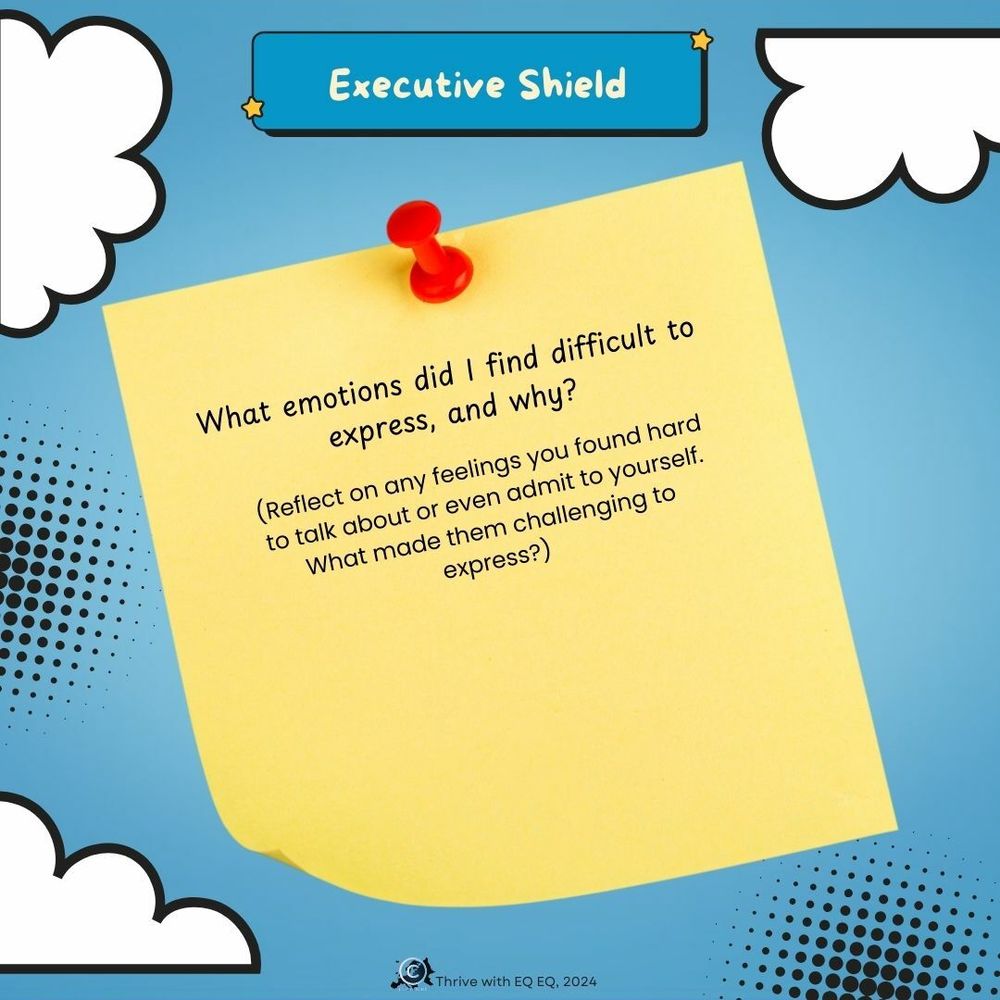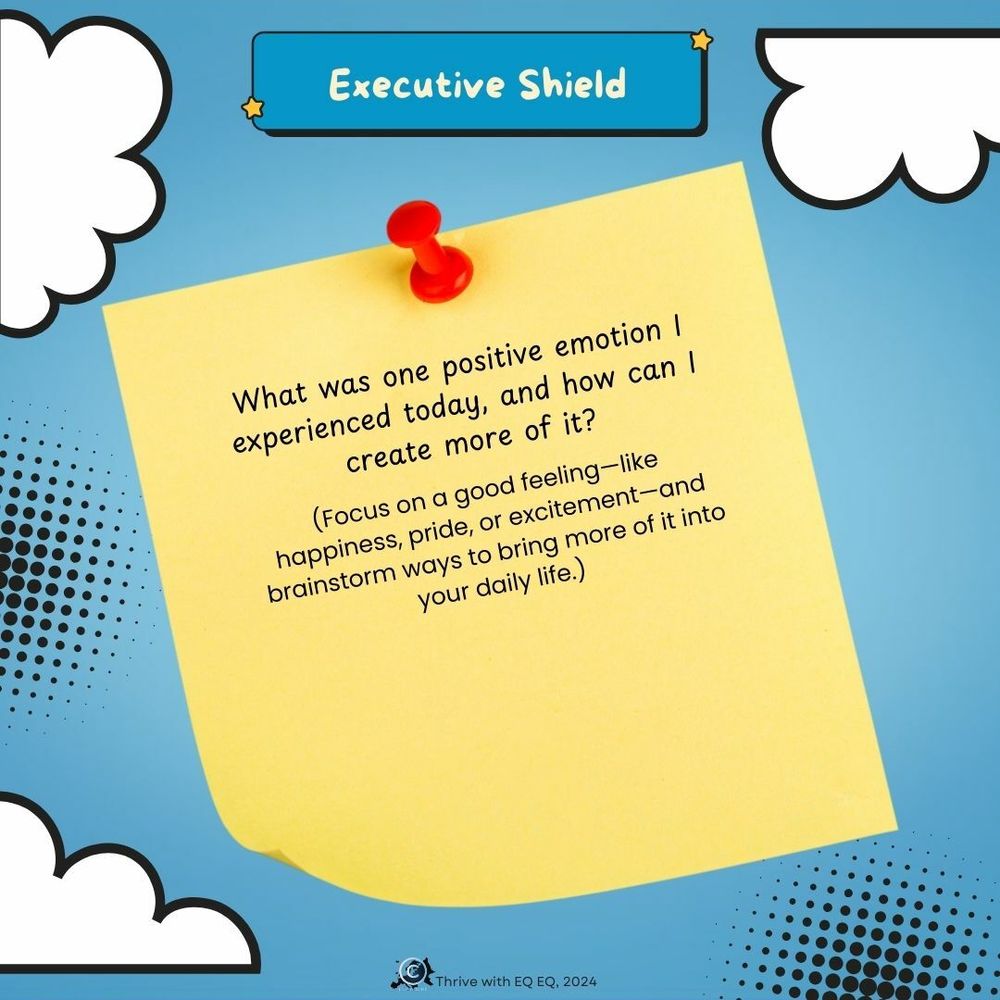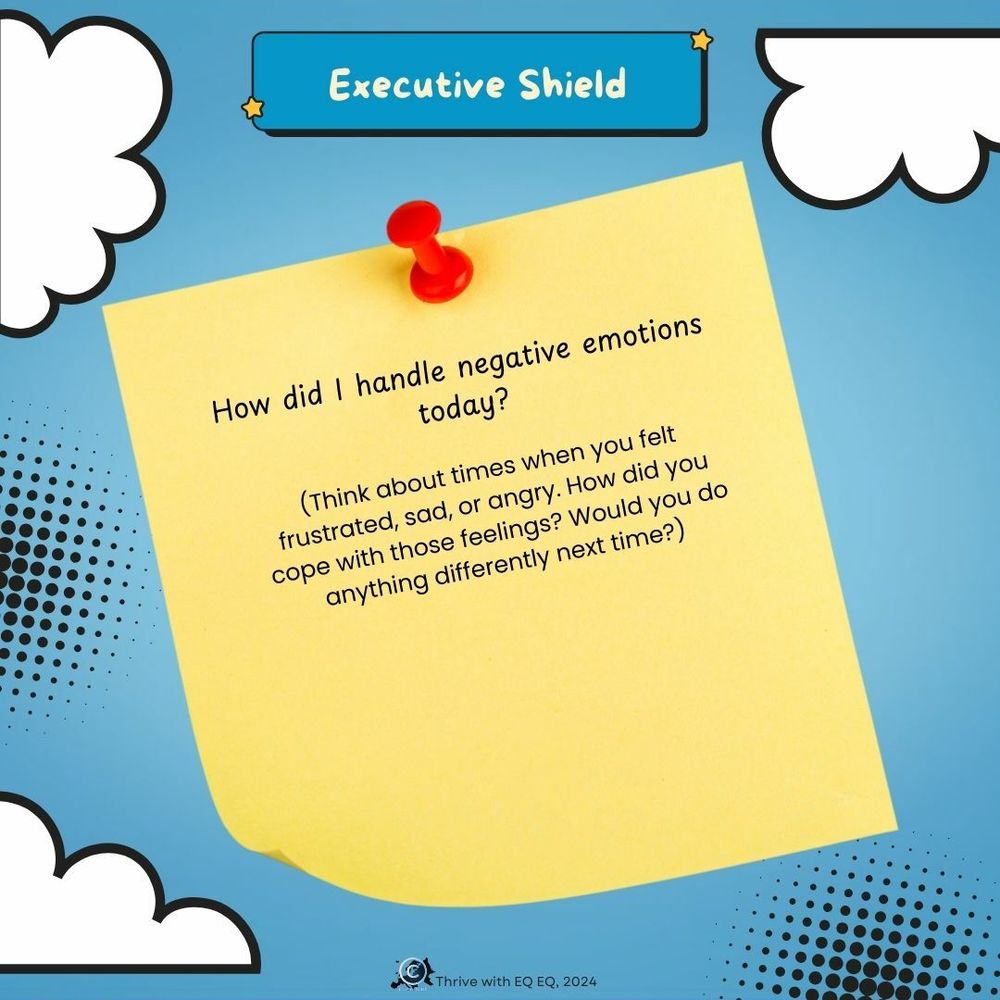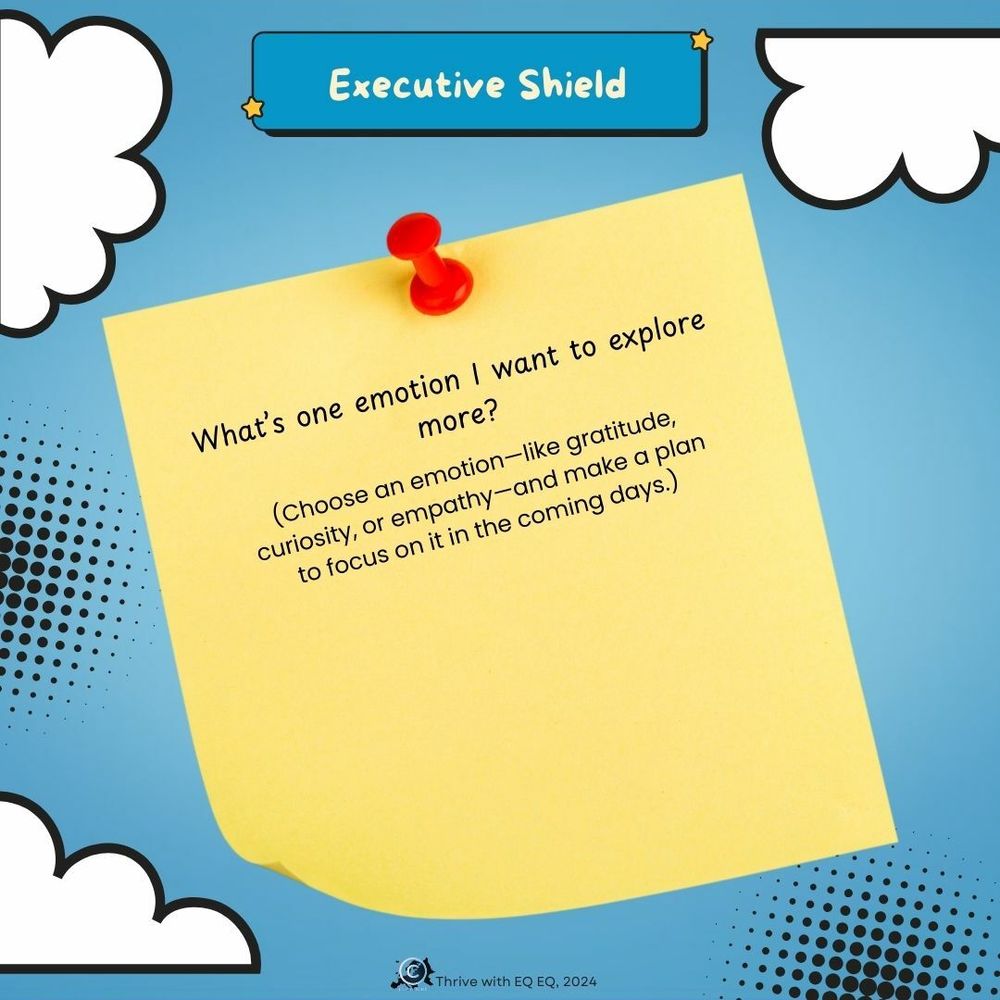Welcome back to Day 25 of your 30-Day Challenge to enhance your leadership and organizational resilience through emotional firewalls!
Today, we’re advancing our practice of emotional intelligence by delving into more sophisticated concepts, particularly around recognizing and managing complex emotions.
As senior executives, developing a deeper understanding of emotional intelligence equips us to handle challenging situations more effectively, communicate with greater precision, and strengthen relationships within our organizations.
Introducing Advanced Emotional Intelligence Concepts:
Emotional intelligence extends beyond recognizing basic emotions like happiness, frustration, or concern—it also encompasses understanding and managing more nuanced and complex emotions. These might include mixed feelings, conflicting emotions, or subtle emotions that are harder to identify.
For instance, you might feel both satisfied and anxious after making a significant business decision, or experience a blend of excitement and apprehension when leading a new initiative. Recognizing these layered emotions is essential for making informed decisions and understanding the emotional landscape of your team.
Applying These Concepts in Leadership:
Mastering emotional intelligence at an advanced level involves applying these concepts in your daily leadership interactions. This means being attuned to the emotions driving your decisions, reflecting on the underlying reasons for your feelings, and considering how these emotions influence your leadership style. It also involves practicing empathy and understanding when others on your team experience complex emotions, even if they find it challenging to articulate them.
Practicing in High-Stakes Situations:
High-stakes situations often trigger our most complex emotions, making them ideal opportunities to practice advanced emotional intelligence. Whether you’re navigating a critical negotiation, managing organizational change, or addressing a conflict within your team, take a moment to pause and reflect on the full spectrum of emotions involved.
By recognizing these emotions and responding with intentionality, you can navigate challenges with greater clarity and effectiveness, leading to better outcomes for your organization.
Action Item for This Week:
Identify one challenging situation this week where you can practice recognizing and managing complex emotions. Reflect on how applying these advanced emotional intelligence skills affects your decision-making and leadership effectiveness.
By advancing your emotional intelligence skills, you’re not only deepening your personal resilience but also enhancing your ability to lead with empathy and insight. Understanding and managing complex emotions enables you to navigate leadership challenges with greater nuance and compassion, fostering a more supportive and adaptive organizational culture.
Let’s continue building on this progress—see you tomorrow for Day 26 of the Emotional Firewalls Challenge!








